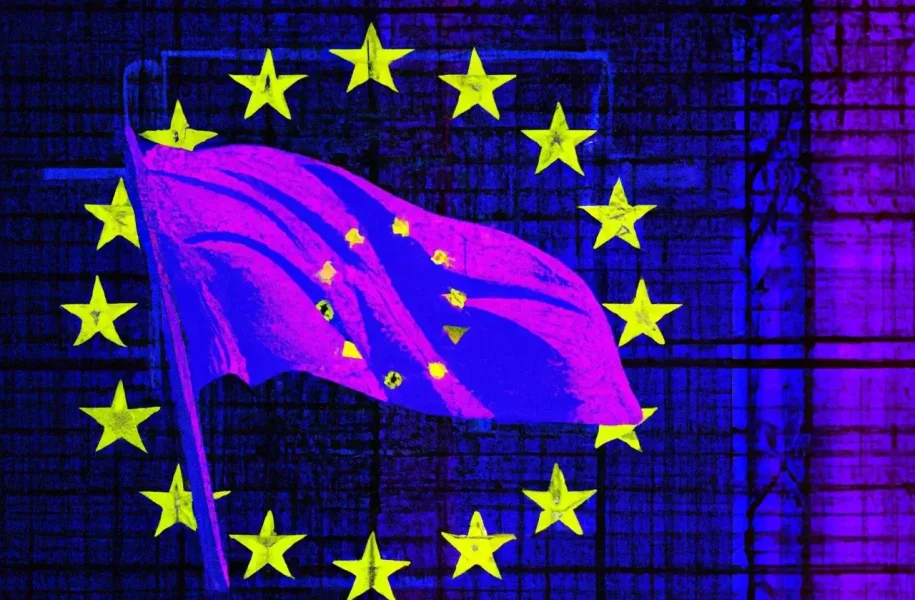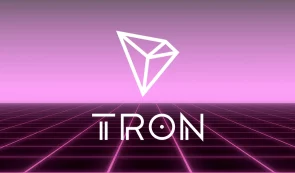Zero-Knowledge Proofs for the European Digital Identity Framework (eID)

The European Union has had an ambivalent relationship with privacy, applying strict data protection regulations.
At the same time, its central bank digital currency (CBDC) project lacks the anonymity standards of private cryptocurrencies.
Last week, the EU Industry, Research, and Energy Committee approved using zero-knowledge proofs for the European digital identity framework (eID) amendments. This would grant EU citizens complete control of their data, allowing them to identify and authenticate themselves online without commercial providers, a press release states
The move could facilitate the emergence of new business models and opportunities in the digital economy while protecting citizens’ privacy.
ZK proofs to be embedded in EU law! The European Parliament has officially included use of zero-knowledge proofs in its negotiation positions for the trilogues with the Council on the regulation of digital identity & related 🇪🇺 apps #privacy #digitalidentity #ZeroKnowledgeProofs pic.twitter.com/fvptmcBYJ0
— Jonas Frederiksen (@europe4crypto) February 14, 2023
READ MORE: There’s an Uptick in Institutional Demand for Crypto Derivatives – CEO of CME Group
Zero-knowledge proofs at the center of digital currencies’ regulatory compliance and privacy
Zero-knowledge proofs have recently gained attention from researchers as a possible means of ensuring regulatory compliance and privacy in digital currencies. A joint paper by the San Francisco-based Mina Foundation, German Hauck Aufhäuser Lampe bank, and the Interdisciplinary Centre for Security, Reliability, and Trust of the University of Luxembourg showed how zero proofs could be connected to Europe’s eIDAS electronic identity system.
However, only some are convinced that using proofs alone is sufficient for transactions that require personal information sharing, suggesting off-chain solutions are also needed.














